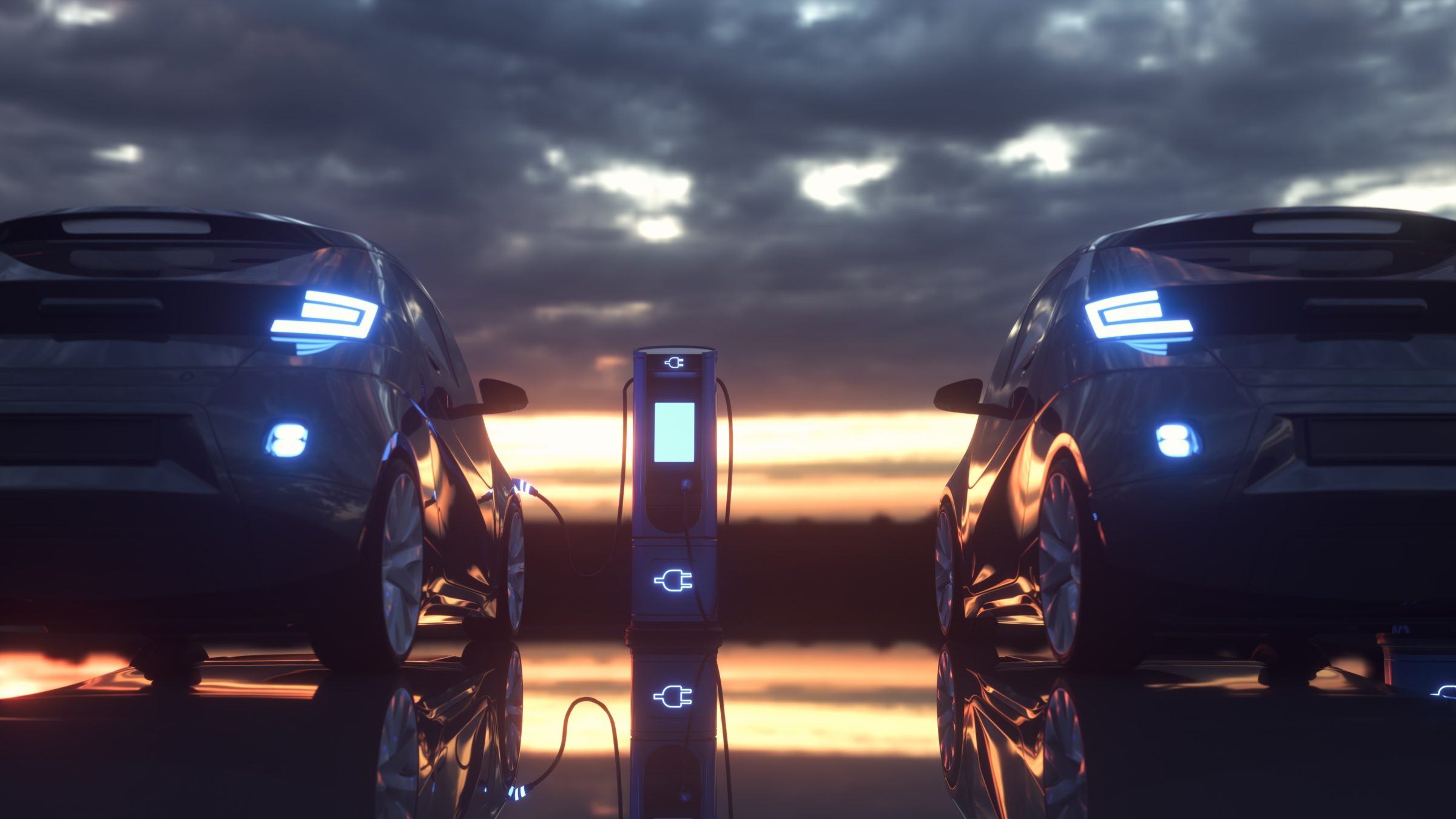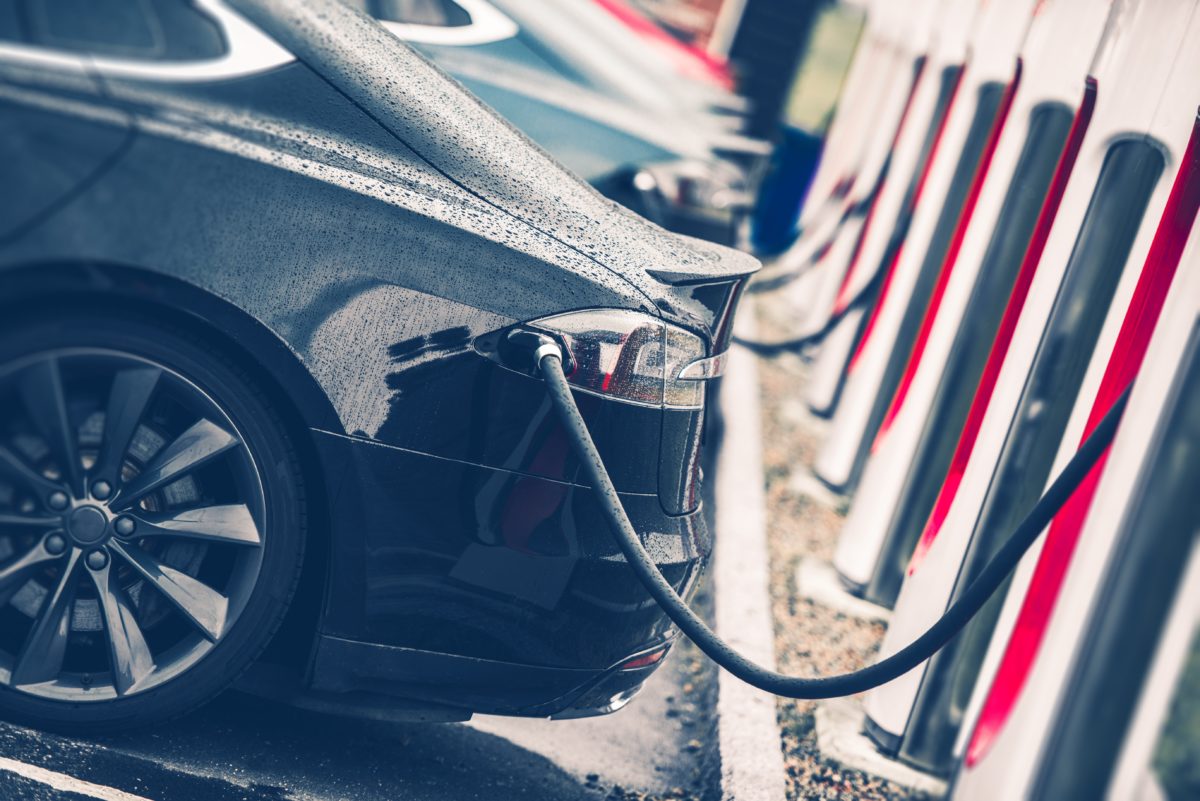MIT Tech Review: “The Wait Will Be Worth It” For Plug-in Hybrids
It will still be a few years – at least – before plug-in hybrid electric vehicles with much lighter, more reliable and less costly battery packs come to market, at truly consumer-friendly prices and in large numbers. Why should we care if and when that happens? Because: It gets very problematic very fast when we get much our current fuel for passenger vehicles, bus transit, air travel, surface freight, and operation of construction equipment from foreign regimes hostile to our nation and our very way of life; regimes which not coincidentally may also happen to fund terrorism directed at us. Then there are gas prices, now creeping back toward three dollars a gallon – not good. Add in the effects Read More ›


